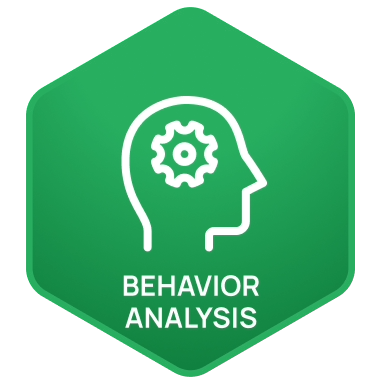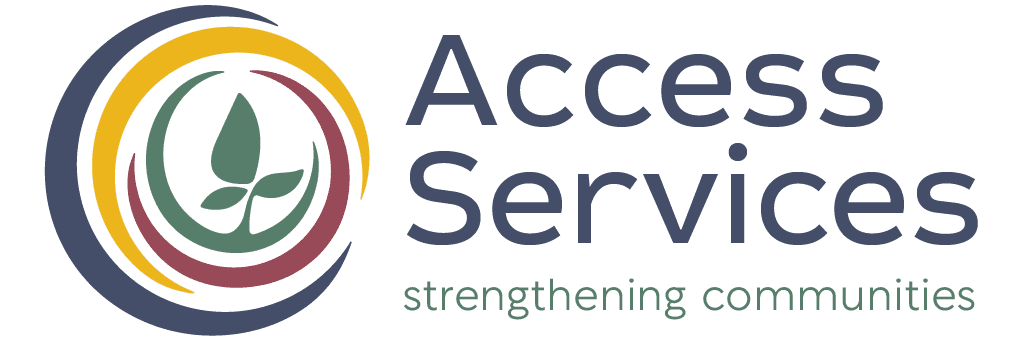About Job
Reports To: Clinical Director / Licensed Behavior Specialist
Position Summary:
The Board Certified Assistant Behavior Analyst (BCaBA) provides clinical support under the supervision of a BCBA to ensure quality implementation of Applied Behavior Analysis (ABA) services. The BCaBA plays a vital role in assessment, treatment planning, staff training, and direct service delivery across multiple service environments. We are seeking two candidates for distinct positions:
Role 1: BCaBA – Philadelphia Clinic & Community Services
Overview:
This position supports the day-to-day operations of the ABA Department in Philadelphia. The BCaBA will work directly with clients across our clinic setting and in the community, ensuring fidelity of programming, supporting staff with implementation, and contributing to the development of high-quality ABA services.
Key Responsibilities:
- Assist in the development, implementation, and monitoring of individualized treatment plans under BCBA supervision.
- Provide direct services to children and adolescents in the clinic and community settings.
- Conduct skill assessments, preference assessments, and data collection.
- Train and support Behavior Technicians (BTs/RBTs) in implementing treatment protocols and behavior intervention plans.
- Monitor treatment fidelity and provide feedback to staff to ensure program consistency.
- Collaborate with families, schools, and community partners to support client progress and generalization of skills.
- Participate in team meetings and contribute to interdisciplinary collaboration.
Work Environment:
- Primarily clinic-based in Philadelphia, with community visits to client homes, schools, and other locations.
- Requires flexibility in schedule to meet client and departmental needs.
Role 2: BCaBA – Early Intervention (Montgomery County)
Overview:
This position provides direct ABA services to early intervention clients in Montgomery County. The BCaBA will deliver interventions in naturalistic environments such as homes, daycares, and classrooms, supporting children with developmental delays and autism in building foundational skills.
Key Responsibilities:
- Implement ABA-based early intervention services under the supervision of a BCBA.
- Provide direct therapy in natural environments (home, daycare, preschool, community).
- Collect and analyze data to monitor progress and adjust treatment strategies.
- Train caregivers, daycare staff, and teachers on behavior strategies and developmental goals.
- Support transition planning for children moving into school-based services.
- Maintain accurate documentation in accordance with program and funding requirements.
Work Environment:
- Services delivered in natural environments throughout Montgomery County.
- Requires travel between client homes, daycares, and community settings.
Qualifications (Applicable to Both Roles)
- Active Board Certified Assistant Behavior Analyst (BCaBA) credential.
- Bachelor’s degree in Psychology, Education, ABA, or related field (Master’s preferred).
- At least 1 year of supervised experience in ABA service delivery (2+ preferred).
- Experience working with children with autism spectrum disorder and other developmental disabilities.
- Strong skills in data collection, analysis, and treatment fidelity monitoring.
- Excellent communication and collaboration skills with families, staff, and community partners.
- Reliable transportation.
Job Type: Full-time
Pay: $35.00 - $40.00 per hour
Work Location: In person
Professional Field
 Behavior Analysis
Behavior Analysis Other Behavioral, Mental, or Healthcare Field
Other Behavioral, Mental, or Healthcare Field









